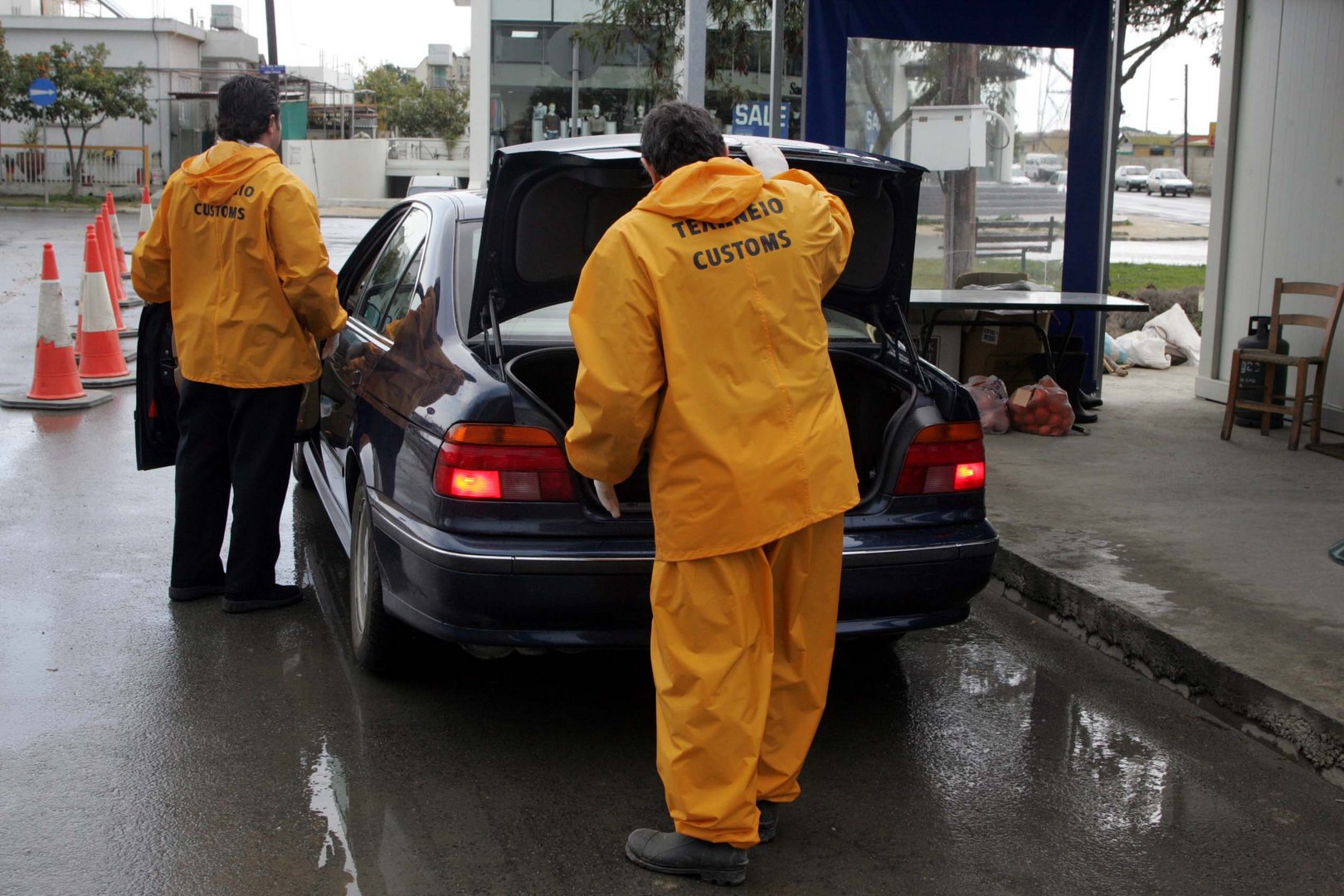In its Green Line Regulation report for 2022 the European Commission recorded 144 per cent increase in trade between the two sides compared to the previous year. In percentage terms this could be viewed as a big increase, but the actual numbers put things in perspective, indicating a very low starting point.
The trade recorded by the Turkish Cypriot Chamber of Commerce, based on the total number of goods sold with accompanying documents was close to €17 million in 2022, whereas the previous year it was just under €7 million. The figures the Republic had were slightly lower and the increase put at 138 per cent.
While this was a big increase, it should be taken into account that 2021 was a year in which there was much less contact between the two sides because of lockdowns and closed crossings. In the opposite direction, meanwhile, trade was much lower. According to the Cyprus Chamber of Commerce, it increased by 69 per cent from €420,000 to some €711,000.
This increase did not impress the commission, which believed there should be more trade and blamed the modest levels on the obstacles to trade. Both sides place obstacles. The north demands that an ‘import permit’ is secured for goods to move from the Republic to the north, something that most producers are unwilling to apply for.
Meanwhile the government-controlled area does not allow commercial vehicles, weighing more than 7.5 tonnes, to cross from the north unless they have acquis-compliant documents (roadworthiness certificates and professional driving licences) issued by the Republic. Another obstacle was the difficulty Turkish Cypriot businesses had in opening bank accounts in the Republic that would facilitate trade.
While the commission was working on overcoming the obstacles, there are some that will persist. As the report notes, “traders continue to report on a lack of demand by Greek Cypriot consumers for Turkish Cypriot products.” This would also explain, to a large extent, why shops refuse to stock Turkish Cypriots products on their shelves, which was another point made in the report.
No matter what the commission does, it is highly unlikely supermarkets in the Republic will stock Turkish Cypriot products as consumers will not buy them. Finding a solution to the commercial vehicle ban is more important as there is demand for competitively priced building materials from contractors in the south. By how much this would increase trade is another matter.
There is of course the undocumented trade that takes place, on a daily basis. Apart from buying cheaper petrol, many Greek Cypriots do food shopping in the north, eat and drink there and some stay in hotels. Nobody seems to know how much these transactions are worth, but restaurant owners in the north have claimed that Greek Cypriot customers had kept them in business, during the difficult time of the devalued Turkish lira.
This is the kind of trade that exists between the two sides, and it is worth much more than the figures given by the Turkish Cypriot chamber of commerce. As for the Green Line regulation, which has been in force for almost 20 years, it will never have the positive impact on trade that the commission had expected, because neither side wants seems to want this trade.






Click here to change your cookie preferences